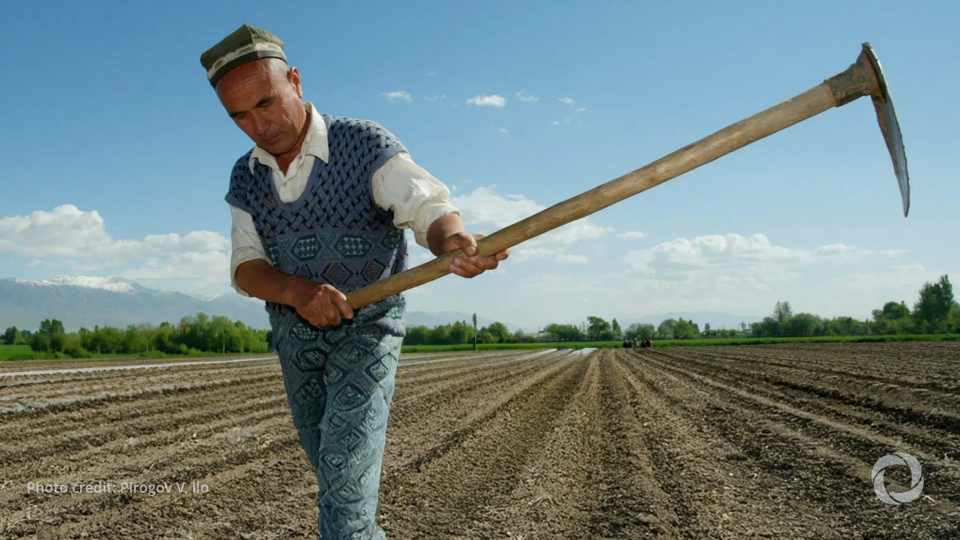The International Labour Organization found that 14.8% of people in Europe and Central Asia still lack any social protection benefits despite relatively high regional coverage, according to a press release. While 85.2% get at least one benefit, significant gaps remain. Climate change makes these gaps worse through frequent floods, droughts, heatwaves and wildfires that threaten jobs and incomes. Countries need stronger, more sustainable systems to address growing climate impacts.
The report shows urgent need to adapt social protection systems for climate risks and demographic changes affecting the region. Climate change brings severe weather events that damage infrastructure, destroy crops, and force people from homes. Countries with mature systems can repurpose existing programs quickly, but increasing shock scale demands continuous adaptation. An aging population adds strain as more people need pensions, health care and long-term care services while fewer workers support them.
Several countries are finding ways to adapt their systems to climate realities and other pressures facing workers. Spain’s 2024 DANA floods showed how existing mechanisms delivered support to tens of thousands of workers within weeks. Uzbekistan used social protection benefits to offset energy price reform impacts on low-income households. France and the Netherlands are adapting unemployment schemes to address climate-related risks like extreme heat affecting outdoor workers and agricultural employment.
Portugal’s Maria do Rosário Palma Ramalho said it’s urgent to adapt systems to climate risks, demographic changes, and labor market shifts. Making institutions stronger and encouraging social dialogue are essential for adequate, resilient support. The report emphasizes that social protection systems should be incorporated into climate risk assessments and national strategies. These systems can promote sustainable livelihoods and strengthen disaster response mechanisms when properly designed and implemented across different sectors.
The report calls for adequate public spending on social protection, strengthened tax systems and innovative financing solutions. It emphasizes investing in administration and management to ensure quality local services. Benefits must be protected through regular indexation to maintain value as costs rise. Social protection must cover workers in all employment types, from agriculture to digital platforms. ILO’s Beate Andrees said solid policies ensure transitions are fair, resilient, and just.

